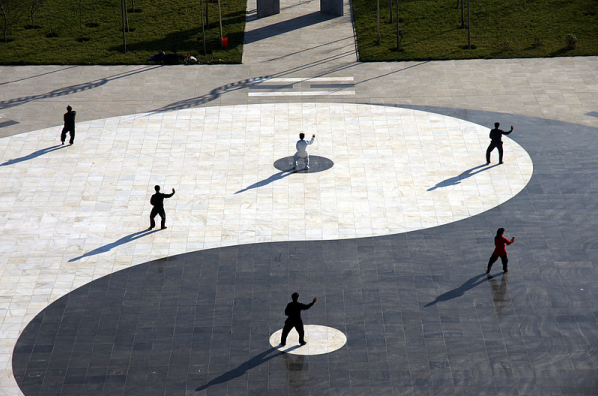While there are some preliminary evidences that the combined use of conventional medicine and TCM may extend the life of cancer patients, TCM does not treat cancer effectively and should not be used as a primary treatment modality. Cancer patients who wish to use TCM along with conventional therapy should speak to their physicians and their TCM practitioner, so that a team approach to managing symptoms can be implemented.
TCM plays an auxiliary role in cancer treatment. It treats side effects of conventional therapies, helps control pain, and helps keep the immune system strong.
Many conventional therapies for cancer have side effects. For chemotherapy, common side effects include the following:

- Nausea
- Inflammation of the mucosa in the mouth and esophagus (Stomachache and Ulcerative Colitis)
- Fatigue
- Low neutrophil (a type of white blood cell) count.
Common side effects of surgery are pain, discomfort, and lengthy recovery time. With radiation therapy, common side effects include inflammatory reactions in the areas, dryness, thirst, and fatigue are irradiated.
While new drugs and approaches are being developed to help overcome these side effects, TCM may provide useful complementary treatment by focusing on specific symptoms. For example, a prostate cancer patient undergoing radiation therapy and suffering from burning urination and frequent nighttime urination (nocturia) is evaluated and treated for nocturia. In other words, while the underlying cause of cancer from a TCM perspective might be a combination of Blood Stasis and Phlegm, the role of TCM is to support conventional therapy and make the patient more comfortable by focusing on the cause of the nocturia. This ranges from a diagnosis of Damp Heat to Kidney Qi Deficiency. Click to read Renal Cyst in TCM.

![Diseases, Symptoms, tcm, [tcmwindow.com]](/uploadFile/adImg/2015/4/24/6de633b8-0a7a-4546-868a-02389edf5c65.png)





